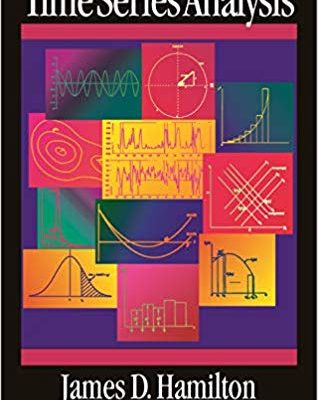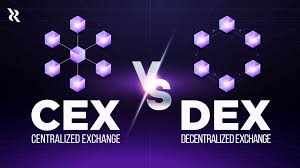Review Time Series Analysis
by JAMES D. HAMILTON
Description
The book, “Time Series Analysis” is a synthesis of advances reached by economic and financial time series analysis. What this means is that the work had undergone not only great research but also immersion within the financial industry.
The author, James Hamilton, had done well by providing more than adequate treatments of industry innovations such as, but not limited to, generalized method of moments, nonlinear time series models, vector autoregressions, the economic and statistical consequences of unit roots, and time-varying variances.
Also presented by the author are the fundamental tools for the analysis of dynamic systems. This takes into consideration the economic theory and practice that ultimately contributes to the interpretation of real-life situations.
The book “Time Series Analysis” is created to cater to professionals, students, and researches who want to further their knowledge regarding economic theory, econometrics, and other pertinent fields in Time Series Analysis.
Readers agree that the book is a treasure trove of fresh information that can easily be accessed through its layman-friendly language.
About the Author
James Douglas Hamilton (born November 29, 1954) is an American econometrician currently teaching at the University of California, San Diego. His work is especially influential in time series and energy economics. He received his Ph.D. from the University of California, Berkeley, in 1983.
Table of Contents
1 Difference Equations
2 Lag Operators
3 Stationary ARMA Processes
4 Forecasting
5 Maximum Likelihood Estimation
6 Spectral Analysis
7 Asymptotic Distribution Theory
8 Linear Regression Models
9 Linear Systems of Simultaneous Equations
10 Covariance-Stationary Vector Processes
11 Vector Autoregressions
12 Bayesian Analysis
13 The Kalman Filter
14 Generalized Method of Moments
15 Models of Nonstationary Time Series
16 Processes with Deterministic Time Trends
17 Univariate Processes with Unit Roots
18 Unit Roots in Multivariate Time Series
19 Cointegration
20 Full-Information Maximum Likelihood Analysis of Cointegrated Systems
21 Time Series Models of Heteroskedasticity
22 Modeling Time Series with Changes
A Mathematical Reviews
B Statistical Tables
C Answer to Selected Exercises
D Greek Letters and Mathematical Symbols Used in the Text




